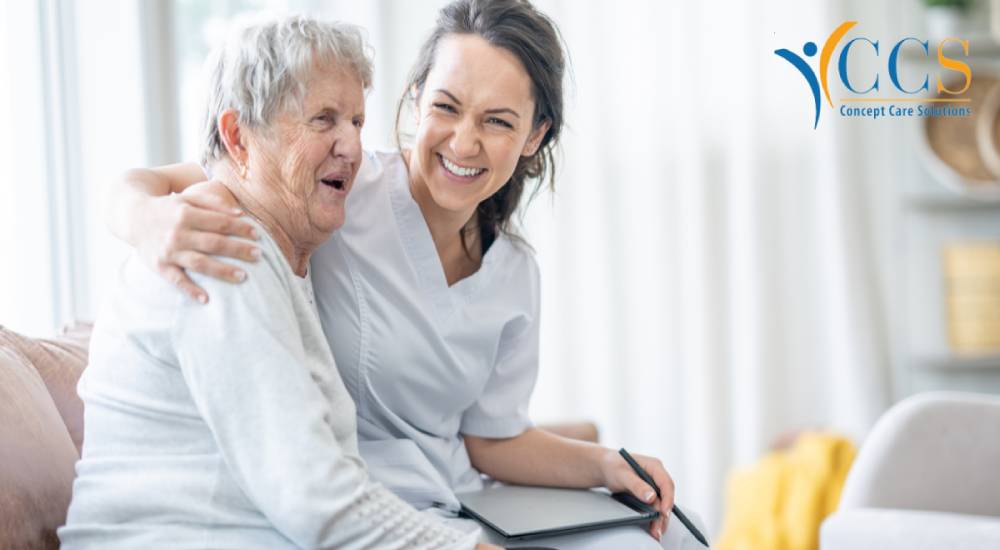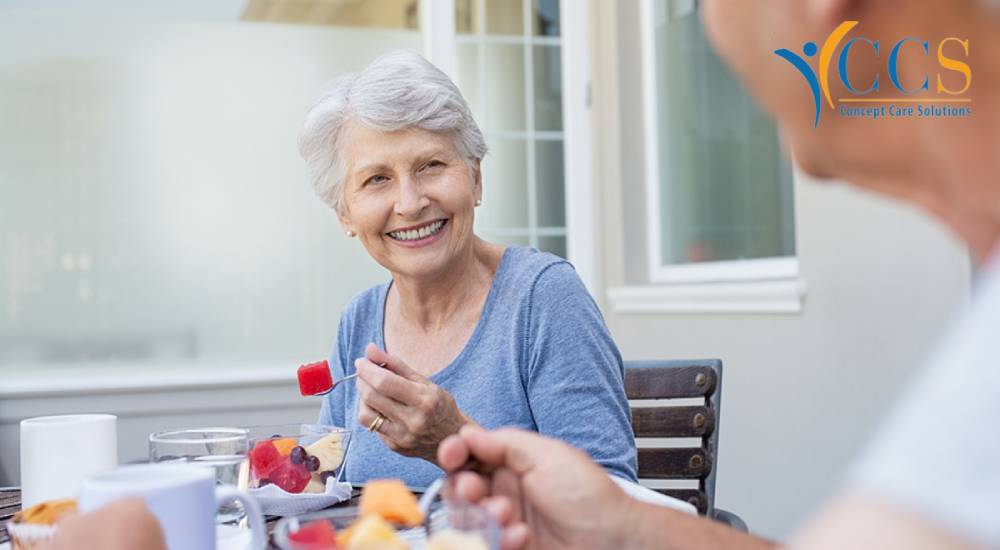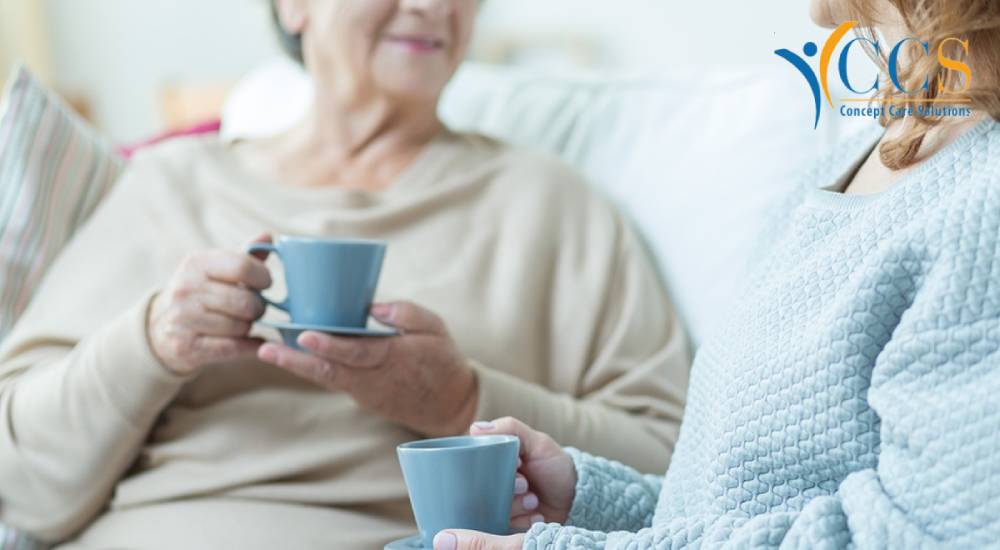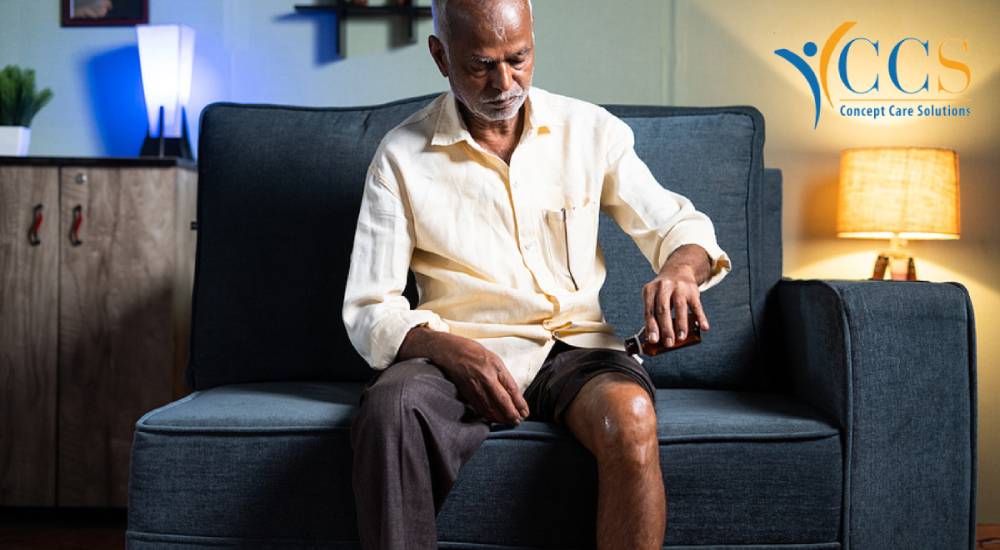As we get older, one of the biggest risks to our general health is slips, trips and falls – and such accidents are, in fact, the most common cause of injury-related deaths in those over the age of 75.
Despite the fact that falling isn’t an inevitable part of getting older, new research from Opera Beds suggests that it is becoming more problematic in some parts of the country.
For example, Barking, Havering and Redbridge University Hospital NHS Trust’s fall-related emergency admissions increased by 50 per cent more than the national average between 2022 and 2024. Furthermore, 90 per cent of UK NHS trusts have seen a rise in emergency hospital admissions for over-65s since 2022.
But it doesn’t have to be this way and there are many strategies you can put in place to help prevent accidents of this nature.
Talk to your Concept Care nurse if you’re worried or have noticed that you’re unsteady on your feet and they’ll be able to help, but in the meantime here are a few top tips to help you focus your attention in the appropriate places.
Stay as active as you can
It might be tempting to stay static and move less if you’re worried about falling, but the best course of action is actually to stay as mobile as you can. This will help you build and maintain strength, balance and coordination, helping you to stay upright and on your feet.
Stay hydrated
If you don’t drink enough water, particularly at the moment during the hot summer months, you may start to feel dizzy or lightheaded and this can increase your risk of falling. Aim to drink between six and eight cups of water or fluid a day. The likes of tea, coffee, low-fat milk and sugar-free drinks all count.
Think about your feet
Look after your feet and toes, keeping them in good healthy condition and paying attention to any changes in sensation, or any onset of painful symptoms that may require medical attention. Keeping your toenails short is also advisable.
And don’t forget about your footwear. Opt for well-fitted comfortable shoes with good grip and thin soles to prevent slips and trips. Do not walk around in just socks or tights as these can make slipping more likely.
Make home adaptations
Making your home environment safer to navigate is a must, so take a look around and see if there are any rugs and mats that could be removed or any carpeting coming up at the edges. Keep clutter away from stairs and hallways, and install motion-activated lights in strategic places in case you need to get up in the night.
From there, as your needs evolve, you could consider installing grab rails in the bathroom and garden to help yourself get up and down where necessary.
It could also prove beneficial in the future to have a care needs assessment carried out, where your local authority visits to see what assistance you’re likely to need.





